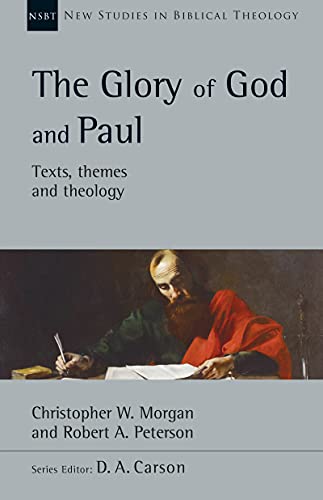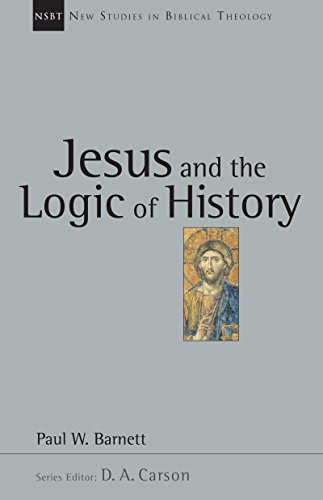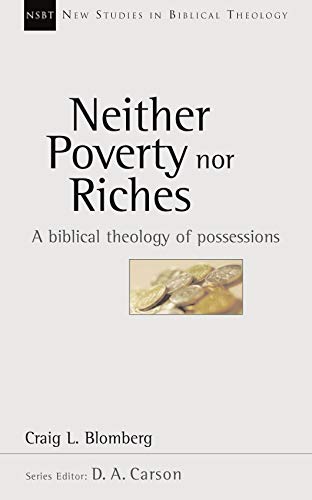Join our list
Subscribe to our mailing list and get interesting stuff and updates to your email inbox.
 Author(s): Christopher W. Morgan & Robert A. Peterson
Author(s): Christopher W. Morgan & Robert A. PetersonPublisher: IVP Academic
Price: $2.99 (Jan 30-31)
The apostle Paul’s theology of glory has its foundations in the biblical drama of creation, fall, redemption, and consummation, and in the identity of Jesus as revealed in his teachings, life, death, and resurrection. The triune God, who is intrinsically glorious, graciously and joyfully displays his glory, largely through his creation, human image-bearers, providence, and redemptive acts. God’s people respond by glorifying him. God receives glory and, through uniting his people to Christ, he shares his glory with them―all to his eternal glory. Christopher Morgan and Robert Peterson explore the glory of God in Paul’s letters with regard to the Trinity, salvation, the resurrection, the new covenant, the church, eschatology, and the Christian life. God intends his glory to impact many areas of believers’ lives: their gradual transformation “from glory to glory” (2 Cor 3:18) occurs as they meditate and reflect on the splendor of the Lord.
 Author(s): J. Gary Millar
Author(s): J. Gary MillarPublisher: IVP Academic
Price: $2.99 (Nov 29-30)
When it comes to the Christian life, what exactly can we expect with regard to personal transformation?
Gary Millar addresses this most basic question in this NSBT volume. After surveying some contemporary psychological approaches to the issue of change and discussions of biblical anthropology, he explores the nature of gospel-shaped change, exposing the dangers of both promising too much and expecting too little. The central part of his study focuses on “life in the middle”―between the change that is brought about when we become Christians and the final change in which we will be raised with Christ.
Millar presents a case for reading the “character studies” of major Old Testament figures from Noah to Solomon as depicting a declension throughout their lives and their innate sinfulness and lack of change. This problem is resolved in the establishment of a new covenant, which promises both individual and corporate transformation in the power of the Spirit. This transformation is presented in the New Testament as a rich and complex process, which cannot be contained or adequately described by one set of images. Transformation is real, deep-rooted and far-reaching.
 Author(s): Paul Barnett
Author(s): Paul BarnettPublisher: Intervarsity Press
Price: $2.99 (Feb 28-Mar 1)
In a time when publications about Jesus have multiplied exponentially, Paul Barnett here provides a careful analysis of the historical methodology necessary for a critical reading of the literature. Barnett demonstrates that the practice and methods of historiography are intimately linked to the practice and methods of theology, and he recommends a thorough investigation of all the sources relevant to both disciplines. Part of the problem with the plethora of idiosyncratic Jesus figures is that they are reconstructions based on a narrow, and often questionable, band of sources. Barnett advocates a reading of history that takes seriously the relationship between the historical Jesus and the movement that came to view him as Messiah and Lord. He also seeks to redress an imbalance in Historical Jesus studies by giving the New Testament epistles – the earliest documents that relate directly to the historical figure of Jesus – the weight that they deserve.
 Author(s): Craig L. Blomberg
Author(s): Craig L. BlombergPublisher: Intervarsity Press
Price: $2.99 (Feb 16-17)
One of the most difficult questions facing us today is that of the proper attitude toward possessions. In wealthy nations such as Britain and the USA, individuals accumulate much and yet are daily exposed to the plight of the poor, whether the homeless on their own city streets or starving children on their TV screens. What action should they take on behalf of the poor? What should they do with their own possessions?
In Neither Poverty nor Riches Craig Blomberg asks what the Bible has to say to these issues. He avoids easy answers, and instead seeks a comprehensive biblical theology of possessions. Beginning with the groundwork laid by the Old Testament and the ideas developed in the intertestamental period, he draws out what the whole New Testament has to say on the subject and finally offers conclusions and applications relevant to the modern world.
This is a book that all concerned with issues of poverty and wealth should read.


